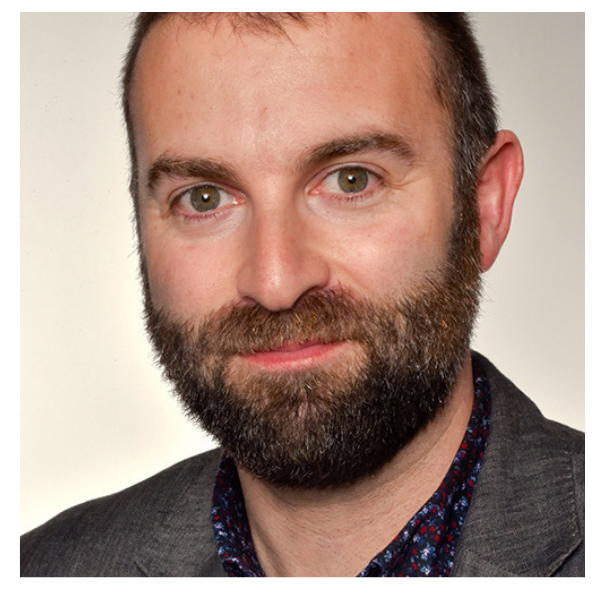Case Study
What is the impact of gastric bypass surgery on type 2 diabetes?
Learn how your support funds pivotal research to help people with diabetes live well.
In 2012, Dr Richard Carroll was awarded a Diabetes New Zealand Research Foundation (DNZRF) postgraduate fellowship to support his PhD research at the University of Otago, Wellington.
Dr Carroll’s research into weight and metabolic outcomes 12 years after gastric bypass surgery, focused on the life-changing impacts this procedure can have for people living with diabetes. A letter including the results of his research, was published in the prestigious New England Journal of Medicine.
It’s known that gastric bypass surgery is one of the most effective methods for weight loss in people with type 2 diabetes. Diabetes often goes into remission following surgery, but the long-term outcomes were unknown. Dr Carroll’s research sought to follow up patients a minimum of five years following the procedure to review their metabolic outcomes and any adverse effects of the surgery.
His findings revealed that gastric bypass surgery is effective and safe, resulting in good, sustained improvement or remission of most people with type 2 diabetes.
Dr Carroll went on to complete his PhD and now has a position as an endocrinologist in Wellington. He has also taken on senior leadership roles in the College of Physicians Endocrine Training Programme. Dr Carroll continues to use the skills he developed during his DNZRF funded fellowship in his work.

